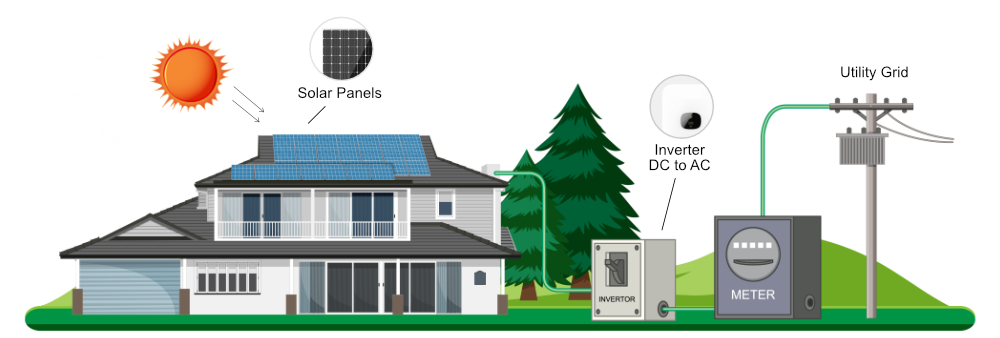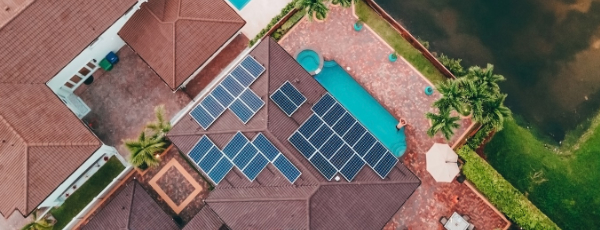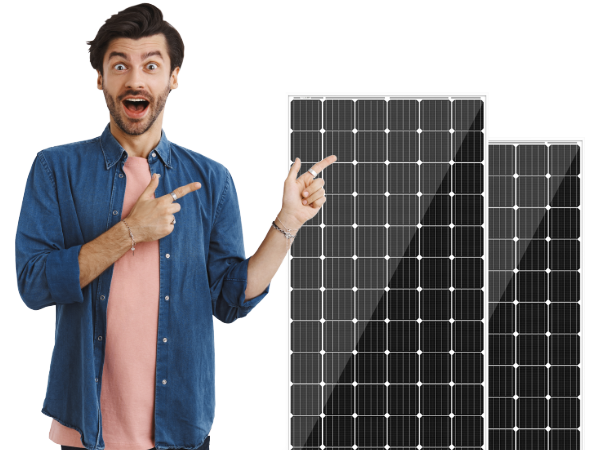
Residential solar panels work by converting sunlight into electricity. The process is called photovoltaics (PV), which means "light-powered." When sunlight hits a solar panel, it knocks electrons loose from atoms in the solar cells. These electrons flow through the solar cells, creating an electrical current.
The amount of electricity that a solar panel can generate depends on the size of the panel, the amount of sunlight it receives, and the efficiency of the solar cells. Solar panels are typically made up of many individual solar cells. The more solar cells a panel has, the more electricity it can generate.
Solar panels are typically installed on the roof of a home. This is because the roof is exposed to the sun for most of the day. Solar panels can also be installed on the ground, but this is less common.
Once the solar panels are installed, they are connected to an inverter. The inverter converts the direct current (DC) electricity that the solar panels generate into alternating current (AC) electricity. AC electricity is the type of electricity that is used in homes and businesses.


Solar energy is a clean, renewable energy source that has many benefits for homeowners and businesses. Some of the benefits of solar energy includes...
Watch your energy costs drop as you harness the power of the sun.
Boost the worth of your home with a solar installation.
Reduce your carbon footprint and contribute to a greener future.
Enjoy available rebates and incentives, making solar an even smarter choice.
Experience the ease of low maintenance, making solar worry-free.


We're your neighbourhood solar installer, dedicated to leveraging our expertise for the benefit of our community. Our mission is to make solar energy accessible to all, and that's why we provide free consultations and financing solutions. Let's power up your community together with solar energy!
